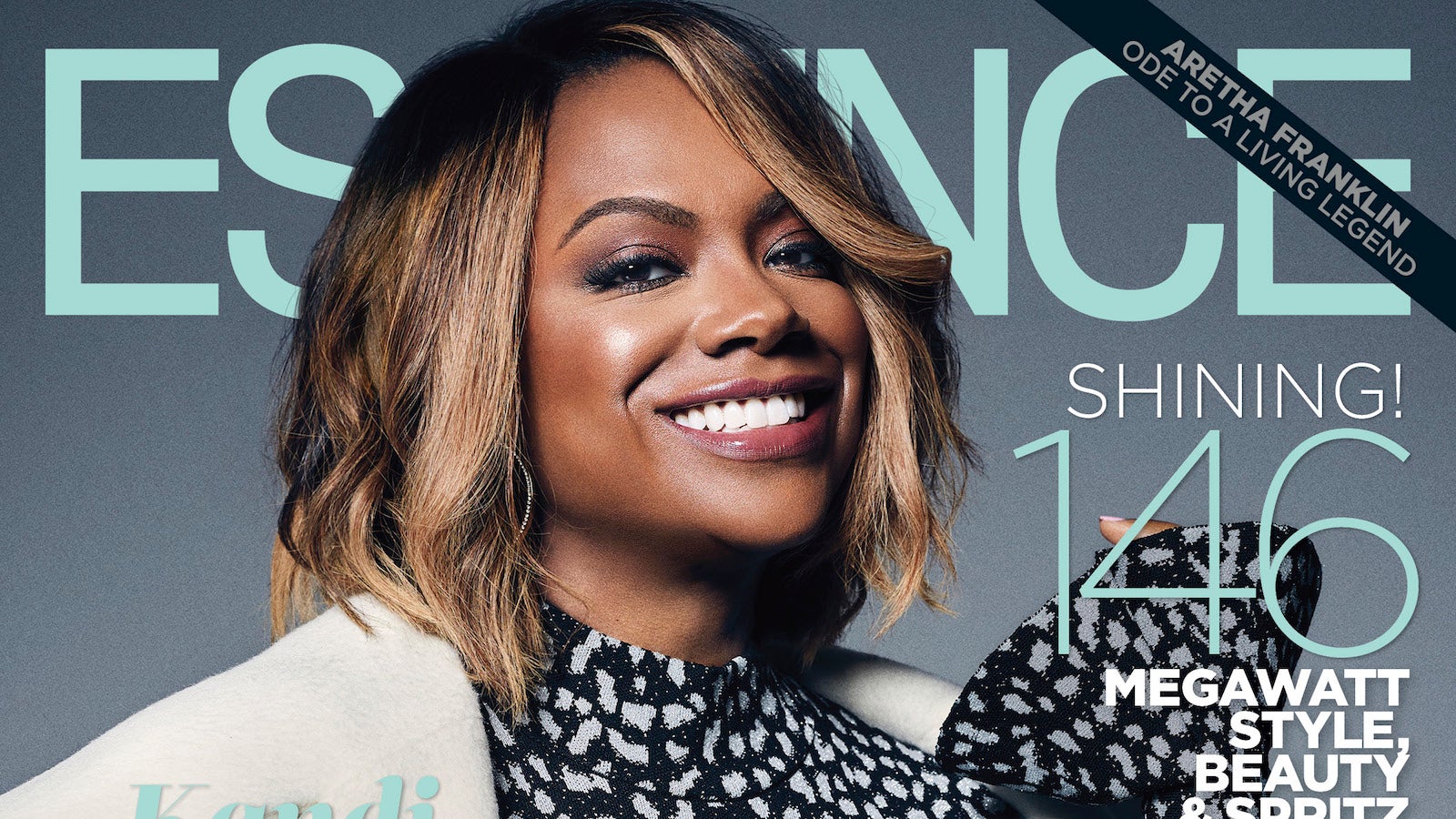The good news is Essence is black-owned again. Here’s the bad news
This was an important week for minority media. On Thursday (Jan. 4), Essence—the nation’s leading African American-focused publication—was sold by Time Inc. to a newly formed company backed by Richelieu Dennis, a multimillionaire personal-care-products mogul. “This will give Essence a platform and a voice to serve its consumers, which are women of color,” Dennis told the New York Times earlier this week. “We can now invest in women of color as consumers.”


This was an important week for minority media. On Thursday (Jan. 4), Essence—the nation’s leading African American-focused publication—was sold by Time Inc. to a newly formed company backed by Richelieu Dennis, a multimillionaire personal-care-products mogul. “This will give Essence a platform and a voice to serve its consumers, which are women of color,” Dennis told the New York Times earlier this week. “We can now invest in women of color as consumers.”
The move returns 48-year-old Essence to black ownership for the first time in over a decade, and solidifies the magazine’s status as the most important minority-owned publication in America. It also marks the first time a major women’s style magazine—which heavily features beauty-based advertisements and editorial—is connected via ownership to a consumer-products company.
Although financial details remain confidential, Essence’s sale comes at a precipitous time for both the magazine and the larger media landscape. Best-known for massive magazine brands like Time, People, and Sports Illustrated, Time Inc. bought Essence more than a decade ago, back when the publishing company was one of America’s most formidable media giants.
Today, however, Time Inc. is set to be owned by Midwest magazine publisher Meredith Corporation, which bought the conglomerate late last year in a $2.8 billion take-over, partially funded by the conservative-focused Koch brothers. As the Time-Meredith deal closes, Time Inc. has been quietly selling off its more “niche” titles, including the lifestyle-focused Sunset and now Essence. (Time Inc.’s golf magazines and entire UK division are also on the market.) According to reports, Meredith’s goal upon full ownership is to save $400 million to $500 million over the next two years.
But while Meredith hopes to cut costs, Essence’s new owners are planning to invest—heavily. “As part of the growth plan, we will launch and/or acquire new content verticals and new brands in order to super serve our community of women,” says company president Michelle Ebanks, who is leading Essence’s all-female executive team.
Ebanks directly links this growth to Essence’s new all-black ownership. African-America backing, she notes, is not only symbolically important, but “ownership is an important pillar of economic empowerment…and directly builds wealth and strengthens communities of color.”
Black media insiders also applauded the Essence deal. Derek T. Dingle, chief content office of Black Enterprise magazine, described it as “groundbreaking,” and lauded Essence’s return to black ownership as “a rare event in contemporary black business history.”
Yet the sale, no matter its community significance, suggests that minority-focused magazines will forever remain along the fringes of major media. With a circulation of over 1 million and some 8.5 million monthly readers, Essence is hardly niche—and it should have been appealing to major publishing corporations.
It’s true that lifestyle giant Condé Nast is in the midst of a major austerity program, but its competitor Hearst recently acquired indie publisher Rodale, which owns titles like Men’s Health and Prevention. And the mid-sized Penske Media—owner of Variety and Robb Report—just snapped up Rolling Stone. Despite being profitable—and operating the massively successful music festival that anchored the summer-movie hit Girls Trip—no major publisher thought that Essence was a worthy acquisition.
Instead, Essence is now in the hands of Dennis, a media newcomer who made his fortune in shea-butter cosmetics. His firm, Sundial Brands, was founded to provide hair- and skin-care products to minority women, and was inspired by traditional shea-butter recipes found in Dennis’s native Liberia. Bain Capital took a minority stake in Sundial in 2015 in a deal that valued the company at roughly $700 million. And last year Dennis’s firm—which generates some $240 million in annual sales—partnered with Unilever to create a $100 million “New Voices Fund” to support black female entrepreneurs.
Clearly Dennis has committed his life (and substantial economic resources) to supporting minority women. But he’s entering the industry as a neophyte at a time when media—particularly independent media—is struggling for survival. More curiously, his history with beauty brands, which will be core Essence advertisers, also raises questions about the magazine’s ability to truly separate its business and editorial side—a core value of traditional media that is quickly eroding in the age of advertorials and native advertising.
Ebanks insists this sacred wall will still be honored—and that Essence is not directly owned by Sundial, but rather a separate Dennis-helmed entity. “Essence is not owned by a beauty-products firm,” she says. “It is owned by Essence Ventures, an independent African-American owned company focused on merging content, community, and commerce to meet the evolving cultural and lifestyle needs of women of color.”
Clearly, Ebank’s team hopes that Essence won’t just evolve, but thrive and survive for the next 48 years.